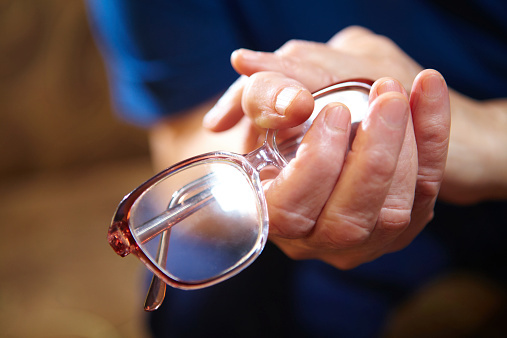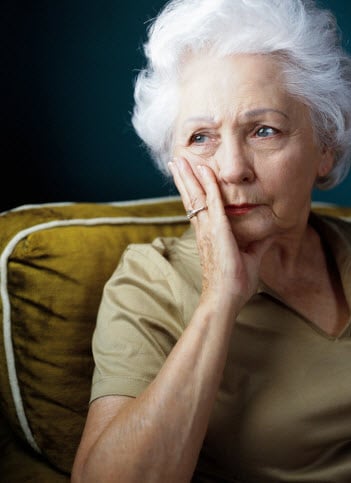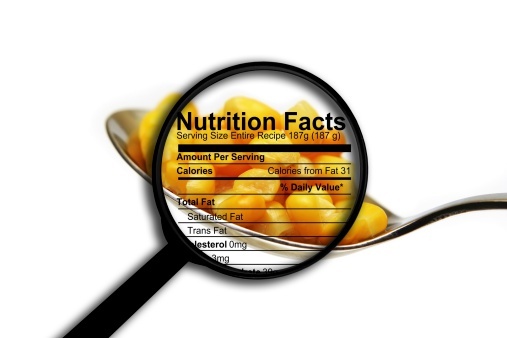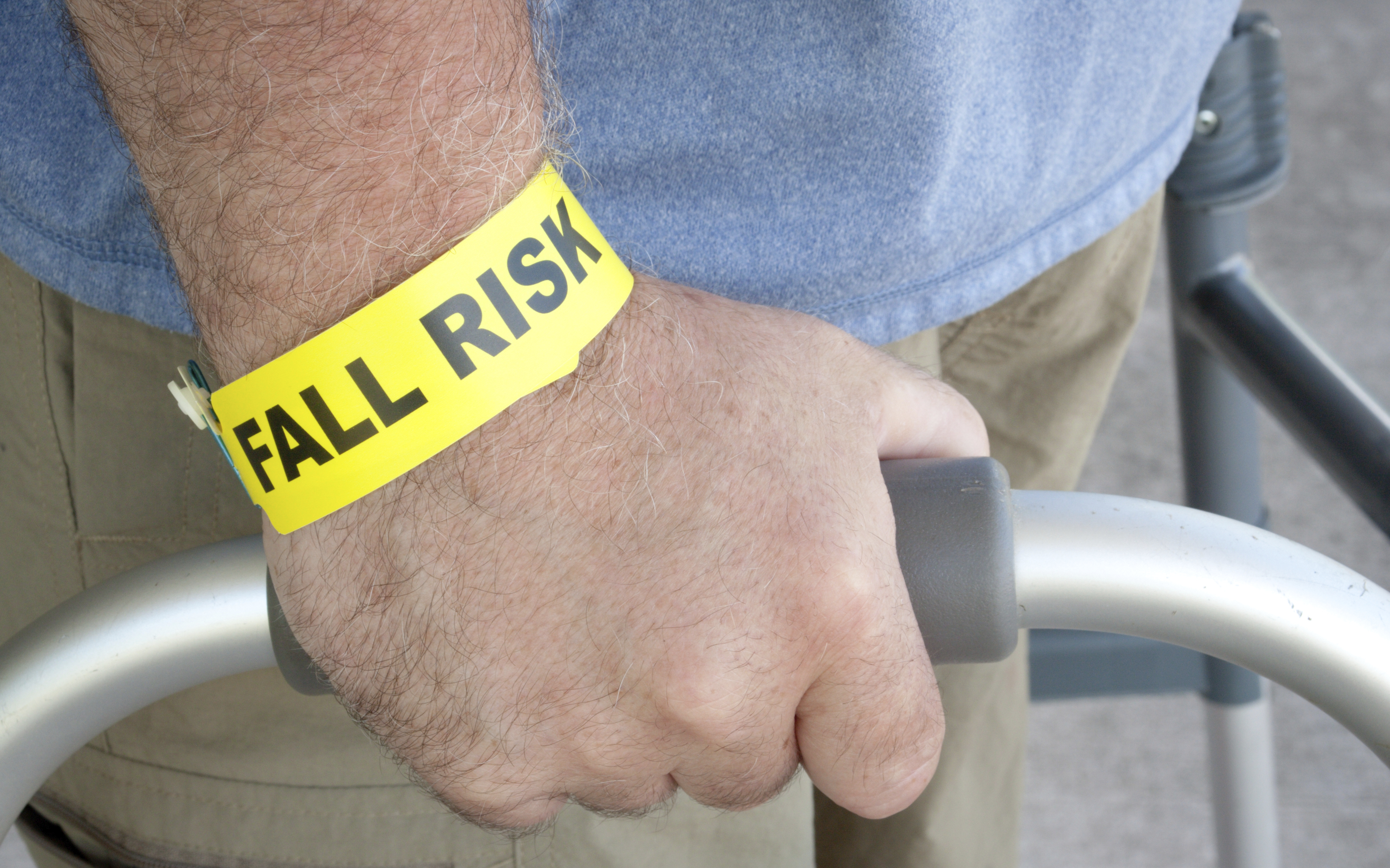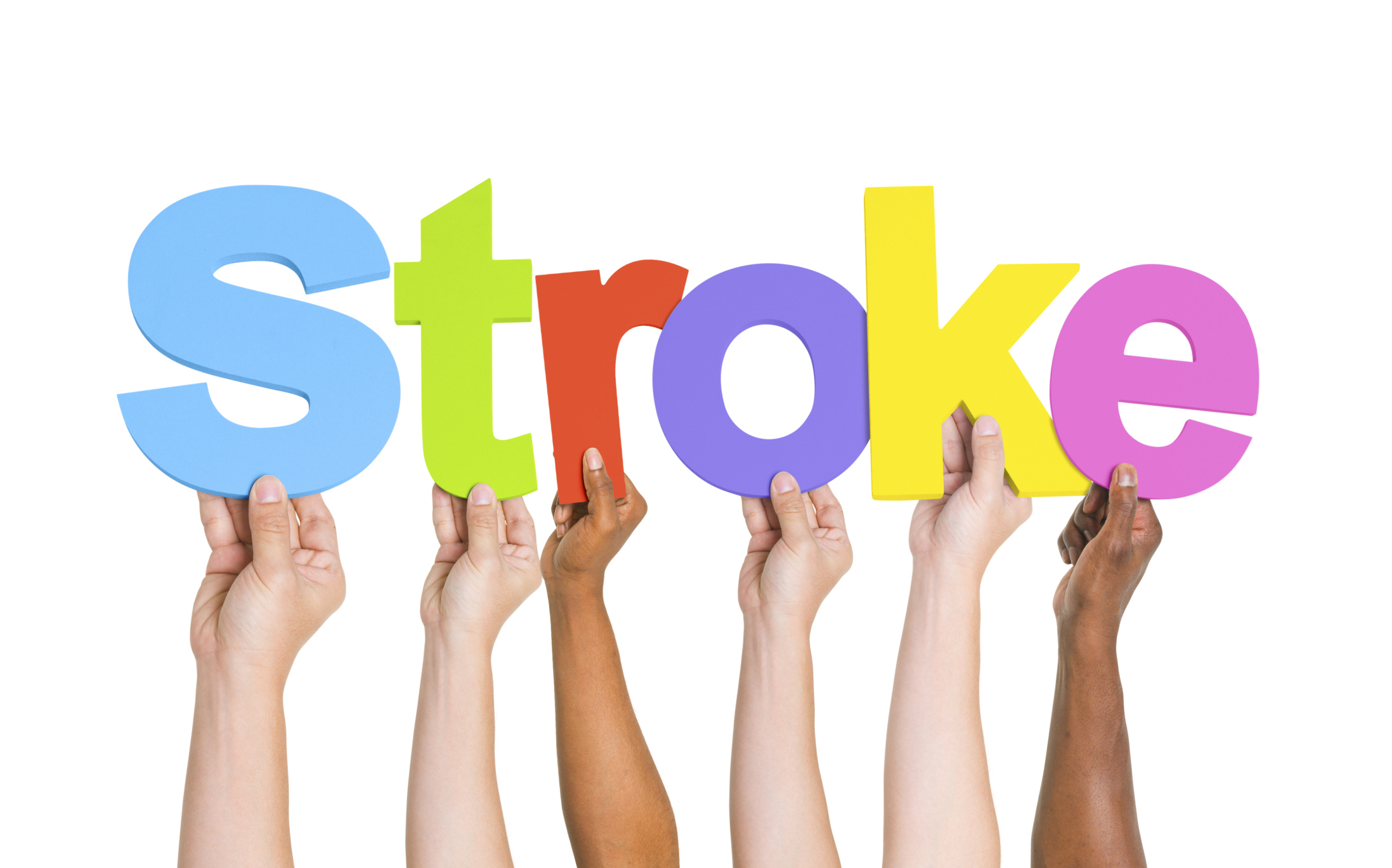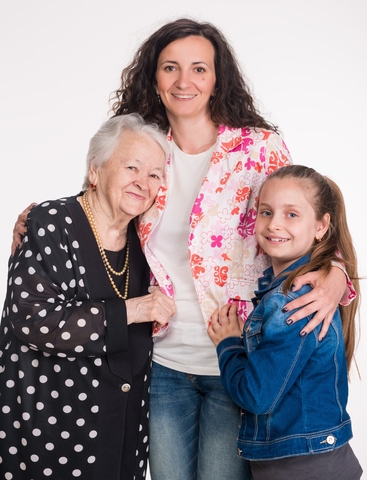More than 20 million Americans over the age of 18 report some form of vision loss, according to a report from the American Foundation for the Blind. As we age, the risk of severe eye problems increases significantly -- particularly for seniors. While the physical effects of vision loss are frequently discussed, the emotional aspects of vision loss are often overlooked. Here's what you need to know to help your aging loved one cope with vision loss.
As a caregiver, your helping hand is more vital than ever.
A Different Kind of Grief
Seniors undergo many changes throughout the aging process. But the awareness that these changes are coming doesn't make them easier to accept. In fact, the combined effects of aging -- including everything from housing issues to health threats -- can lead to extreme emotional distress for seniors.
Just like everyone else, seniors need to feel valued. Vision loss may detract from your aging loved one's sense of being valuable. In fact, some experts have compared what people go through when vision loss first occurs to Dr. Elisabeth Kubler-Ross's five stages of grief. And just as all emotions are valid when grieving the loss of a loved one, they are equally valid when grieving vision loss. It's not unusual for seniors to react with denial, anger, and depression when vision loss occurs. With ample caregiver support, however, they can also reach acceptance.

